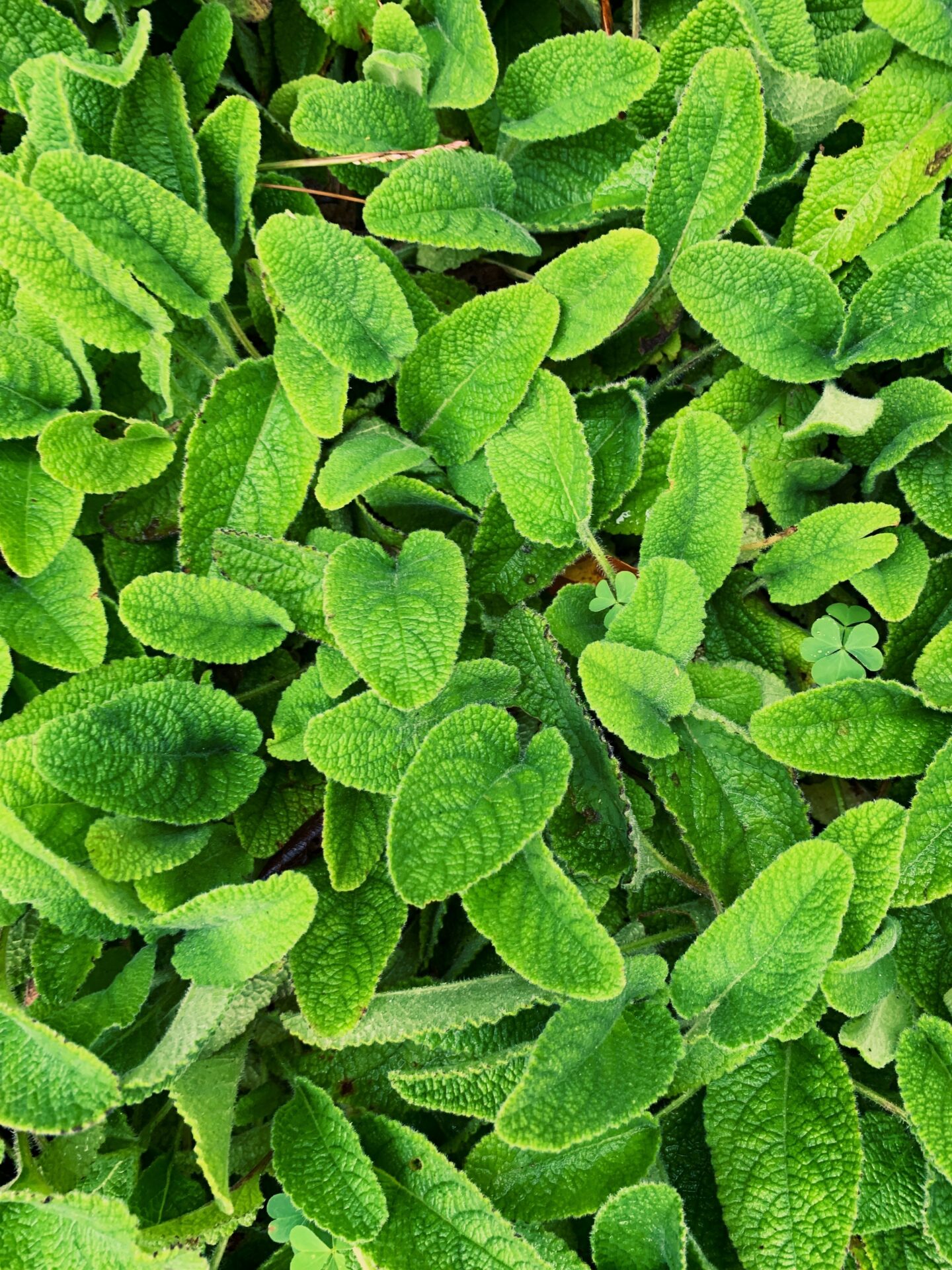Botanical Description:
Scientific Name: Melissa officinalis
Common Names: Lemon Balm, Melissa
Description:
Lemon Balm is a fragrant herb belonging to the Lamiaceae family. Native to the Mediterranean region, it is widely cultivated for its lemon-scented leaves. Lemon Balm has a long history of use in traditional medicine, known for its calming and uplifting properties. Various compounds contribute to its potential therapeutic actions.
Disclaimer:
This Materia Medica is provided for informational purposes only and should not replace professional medical advice. Please consult with a qualified healthcare practitioner or herbalist before using any herbal remedies.
Therapeutic Actions:
- Calming Agent:
- Lemon Balm is recognized for its calming and relaxing properties, making it beneficial for stress and anxiety.
- Antiviral:
- Exhibits antiviral effects, particularly against certain viruses.
- Digestive Support:
- Traditionally used for its potential digestive benefits, including reducing gas and bloating.
- Antioxidant:
- Contains antioxidant compounds that contribute to its overall protective effects.
Constituents:
- Citronellal:
- A major compound contributing to Lemon Balm’s lemon scent.
- Rosmarinic Acid:
- Exhibits antioxidant and anti-inflammatory effects.
- Flavonoids:
- Plant compounds with potential health benefits.
Traditional Uses:
- Stress Reduction:
- Lemon Balm is traditionally used to alleviate stress and promote relaxation.
- Sleep Aid:
- Employed for its calming effects to improve sleep quality.
- Topical Applications:
- Lemon Balm salves or ointments for skin conditions and herpes simplex virus (cold sores).
- Digestive Tonic:
- Used for its potential digestive benefits, including reducing indigestion.
Dosage and Preparation:
- Lemon Balm Tea:
- Infusions made from dried Lemon Balm leaves. Dosage may vary, and it’s essential to follow recommended guidelines.
- Lemon Balm Tincture:
- Liquid extracts prepared with alcohol or glycerin. Dosage typically ranges from 30-60 drops, up to three times a day.
- Topical Lemon Balm Salve:
- Salves or balms for topical applications on the skin.
Cautions and Considerations:
- Thyroid Conditions:
- Lemon Balm may affect thyroid function, and individuals with thyroid conditions should consult with a healthcare professional.
- Pregnancy and Breastfeeding:
- Safety during pregnancy and breastfeeding is not well-established. Consultation with a healthcare professional is recommended.
- Allergies:
- Individuals with known allergies to Lemon Balm or related plants should exercise caution.
Conclusion:
Lemon Balm, with its lemon-scented leaves and soothing properties, is a versatile herb with a history of use in traditional medicine. From its calming effects for stress reduction to its topical applications for skin conditions, Lemon Balm offers a range of potential benefits. Whether used in tea form, as tinctures, or applied topically, it provides accessible options for those seeking natural remedies. However, caution is advised, especially for individuals with thyroid conditions or specific health concerns. This Exhaustive Materia Medica aims to provide comprehensive insights into Lemon Balm’s botanical description, therapeutic actions, constituents, traditional uses, dosage, precautions, and applications. For personalized guidance, consultation with healthcare professionals or herbalists is recommended, ensuring safe and effective utilization of Lemon Balm as a herbal remedy.








2 Comments on “Lemon Balm: Herbal Plant Profile”